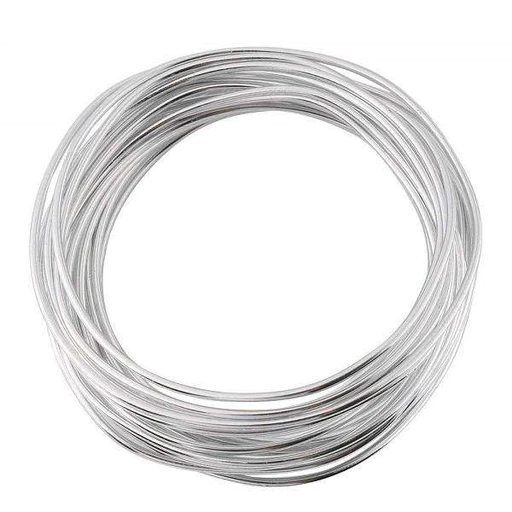Aluminium wires, also known as aluminium conductors, are electrical conductors made of aluminium alloy wires. They are an affordable and excellent alternative to copper wires, with diverse industry applications.
Benefits of Aluminium Wires
The benefits of aluminium wires make them ideal for various applications, including electrical distribution, transmission, and construction. Aluminium has a lower density compared to copper, which means they are lighter in weight. Consequently, it costs less to transport, and installation is more straightforward. Also, these wires are non-magnetic, making them suitable for applications that require non-magnetic materials.
Aluminium wires are cost-effective alternatives to copper wire. Aluminium is cheaper and more available than copper; thus, it is a popular option in the electrical engineering industry. Furthermore, aluminium is corrosion-resistant, making it ideal for outdoor and marine applications. The wires have a long lifespan and require little to no maintenance, making them perfect for use in buildings, transmission lines, and high-voltage applications.
Uses of Aluminium Wires
Aluminium wires have versatile applications, including electrical transmission, distribution, and construction. They are widely used in commercial, industrial, and residential applications. The primary application of aluminium wires is the transmission and distribution of power in high-voltage, long-distance transmission power lines.
It is also used in wiring that runs through the walls, ceilings, and floors of buildings. Aluminium is also used for transport applications, such as automotive, ships, and aeroplanes, due to its lightweight properties.
Safety precautions when handling Aluminium Wires
While aluminium wires are beneficial and cost-effective for several applications, there are safety precautions to be taken during the installation process. Aluminum has a lower level of conductivity when compared to copper, and, as a result, the wires are more susceptible to electrical fires. Hence, when installed, caution must be exercised to ensure that they carry only a little current. Also, it is essential to avoid contamination of the aluminium while in storage, as this can lead to oxide buildup, which makes the conductor prone to breakage.
Also, it is important to avoid over-tightening screws on aluminium wire as the wire has a lower malleability level compared to copper. Over-tightening can break the wire strands, resulting in arcing and fires. Finally, when joining aluminium with copper wires, it is crucial to use the proper connectors or fittings to prevent thermal expansion and contraction, which can result in loose connections and arcing.
Conclusion
Aluminium wires are useful in the electrical industry, with numerous benefits that make them suitable for several applications. However, safety precautions must be taken when handling aluminium wires since they can be prone to oxidation, breaking of wire strands, and low conductivity.


No comments yet